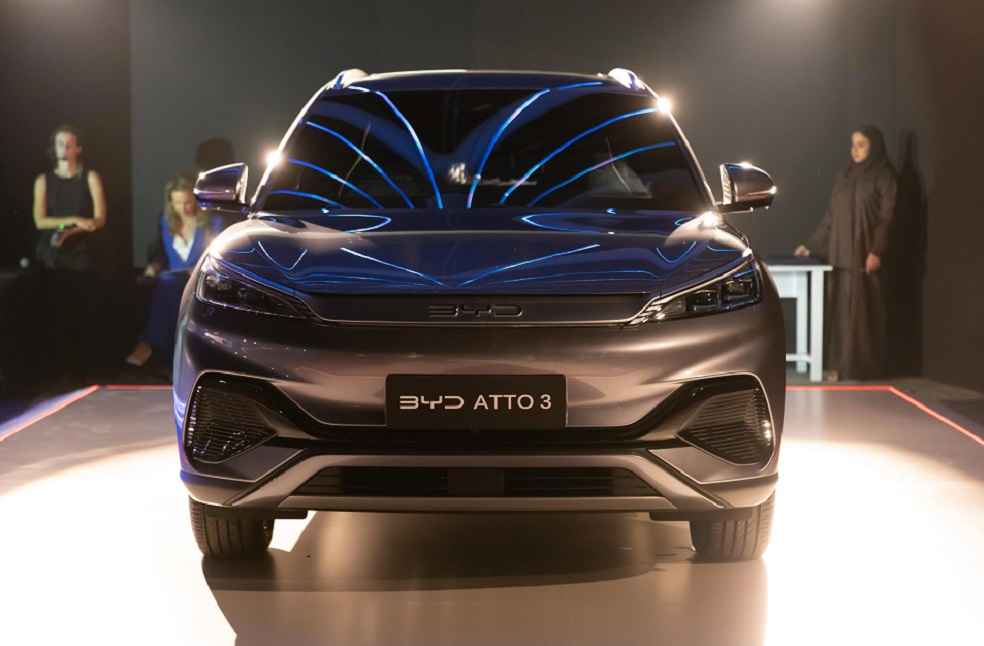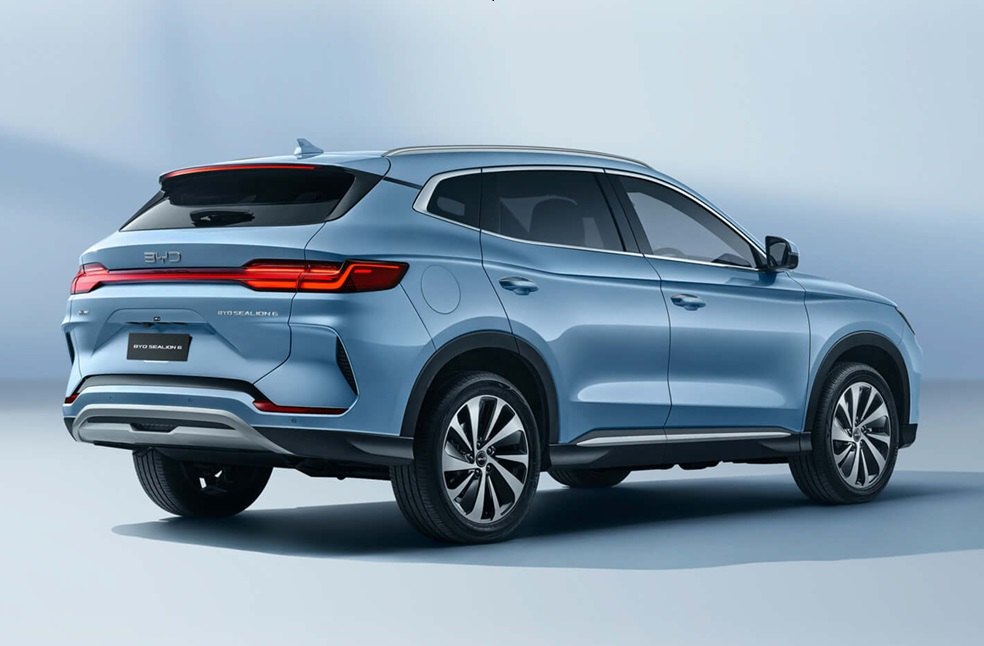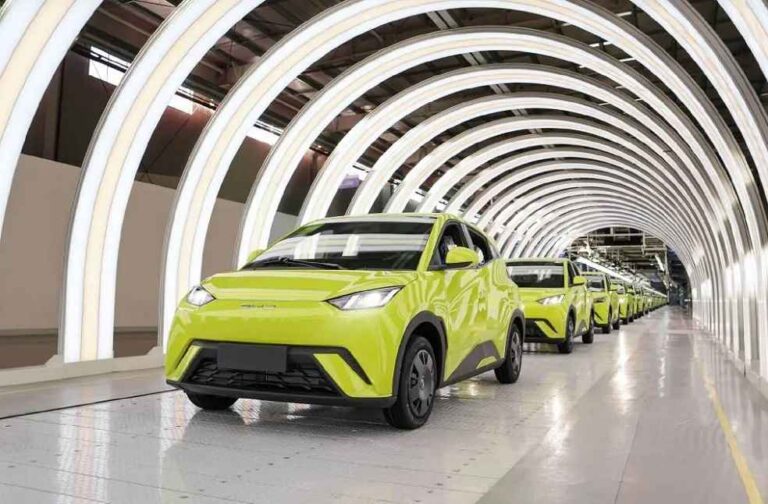BYD plans to delay the start of mass production at its new electric vehicle plant in Hungary until 2026 and plans to operate the facility below full capacity for the first two years. Meanwhile, the company is prioritizing an earlier production launch at its Turkish plant, driven by cost-related factors, according to a report by CnEVPost, citing Reuters.
BYD’s €4 billion ($4.64 billion) facility in Szeged, southern Hungary, is slated to begin mass production in 2026. However, output for that year is expected to reach only a few tens of thousands of vehicles, far below its initial annual capacity of 150,000 units, which will eventually reach 300,000 units at full capacity.
BYD’s production at the Szeged facility is anticipated to increase in 2027. The company first revealed plans for the site in December 2023, marking its inaugural passenger NEV manufacturing base in Europe. On January 30, 2024, BYD signed a land pre-purchase agreement with the Szeged municipal government, stating that the plant would become operational within three years and focus primarily on producing passenger vehicles for the European market.

According to a Reuters report, BYD initially aimed to install production line equipment at the facility by September but has recently postponed the installation. The machinery is currently being assembled at one of the company’s manufacturing sites in China. Over the past year, BYD executives have discussed the potential for producing multiple models at the Hungarian plant, including the Atto 2, Atto 3, and Dolphin.
A source told Reuters that the automaker intends to begin production earlier than planned at its new plant in Turkey, where labor costs are lower and output is expected to exceed initial estimates. The report notes that shifting production from Hungary to Turkey would represent a setback for the European Union, which has been seeking to draw Chinese investment and secure high-paying manufacturing jobs through the imposition of tariffs on Chinese-made electric vehicles.

BYD’s $1 billion electric vehicle plant in Turkey, originally slated to begin operations by late 2026 with an annual capacity of 150,000 units, is now expected to outpace its Hungarian counterpart in production as early as next year. By 2027, output at the Turkish facility is projected to exceed 150,000 vehicles, with another major expansion anticipated in 2028, according to sources cited by Reuters.
A significant portion of the vehicles manufactured at the Turkish site will be sold across Europe and exported to EU countries, where it will enter tariff-free. Production will include the all-electric Seal U SUV, the Sealion 5—whose final powertrain configuration remains uncertain and two plug-in hybrid models: the Seal U DM-i and the Seal 06 DM-i.
GENERAL | Beijing Banned ICEVs to Boost EV Adoption on Ride-Hailing Platforms





